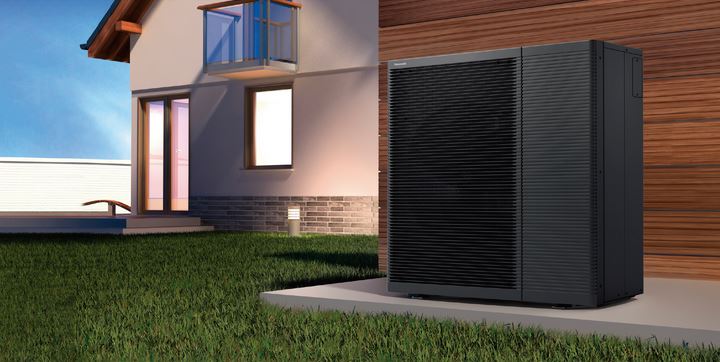Panasonic Marketing Europe GmbH, a unit of Japanese conglomerate Panasonic, announced this week it is part of a consortium that is currently developing a multi-source heat pump combined with phase change material (PCM), optimized by novel control algorithms.
PCMs can absorb, store, and release large amounts of latent heat over defined temperature ranges. They have often been used at the research level for PV module cooling and the storage of heat.
The research project is part of the LIFE iTS4ZEB initiative, which aims to provide advanced thermal energy storage for zero-emission buildings. The project leader is Italy-based heat pump manufacturer Innova, which aims to produce a pre-series in the final configuration and kickstart production.
Fifty independent demonstrators will be installed initially across 10 European countries to validate the technology in real-life contexts, according to Panasonic in a statement. In a second step, Innova will sell 500 systems.
The details of the new heat pump concept are currently very limited. The LIFE iTS4ZEB says that it will rely on propane (R290) as the refrigerant and will apply to a variety of buildings, whether new or renovated, poorly or well-insulated.
“The project aims to deliver to the market a product that integrates heat pump and PCM technology, enabling ready-to-use energy storage even in already existing installations,” Panasonic explained. “It features capabilities that easily detect self-consumption of PV energy, maximizing the amount of energy that can be produced and consumed on-site. Additionally, it allows for demand response for smart grids without compromising comfort and ensures appropriate purchasing and maintenance costs.
Consortium partners are Italian research institute Eurac, PCM specialist Thermalink, and the University of Padua, among others.
The research project is funded by the European Commission under the LIFE Programme.
This content is protected by copyright and may not be reused. If you want to cooperate with us and would like to reuse some of our content, please contact: editors@pv-magazine.com.




By submitting this form you agree to pv magazine using your data for the purposes of publishing your comment.
Your personal data will only be disclosed or otherwise transmitted to third parties for the purposes of spam filtering or if this is necessary for technical maintenance of the website. Any other transfer to third parties will not take place unless this is justified on the basis of applicable data protection regulations or if pv magazine is legally obliged to do so.
You may revoke this consent at any time with effect for the future, in which case your personal data will be deleted immediately. Otherwise, your data will be deleted if pv magazine has processed your request or the purpose of data storage is fulfilled.
Further information on data privacy can be found in our Data Protection Policy.